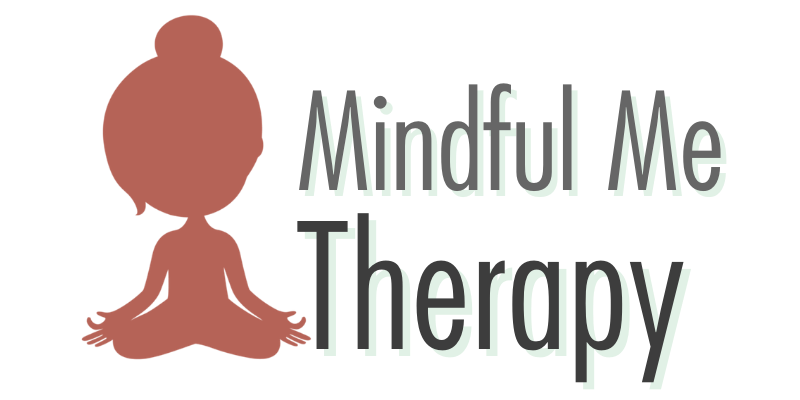Play is Important for Toddlers & Preschoolers: A Therapists Perspective
Play: Engaging in an activity for enjoyment and recreation rather than a serious or practical purpose.
Play should be purposeless, all consuming and fun. The founder of the National Institute for Play, Stuart Brown, has described play as “anything that is spontaneously done for its own sake.”
The process of engaging in play holds greater significance than the end result. Play is a crucial component of early childhood development as it enables children to actively participate and connect with their surroundings. It aids them in exploring and understanding the world, as well as discovering the capabilities of their own bodies.
The benefits of play:
Relives stress
Develops mindfulness
Builds foundational cognitive and social skills
Encourages creativity and imagination
Improves coordination and motor skills
Children require unrestricted and unstructured periods to freely explore and discover. The United Nations High Commission on Human Rights acknowledges play as an inherent right of every child. As a therapist, I firmly advocate for a holistic approach to child development, and I have observed the immense value of play in fostering healthy growth. Play holds particular significance in the development of cognitive and social abilities.
Cognitive development: How children think, explore and problem solve.
Cognitive skills enable children to understand the world they inhabit. Playtime plays a vital role in the cognitive development of toddlers. Through play, children can process their experiences at their own pace, and it provides them with natural opportunities for problem-solving and focused attention. Play allows children to explore unfamiliar objects and decipher their functionality. The knowledge acquired through this exploration and problem-solving process can then be applied to gain a general understanding of other similar items.
Try this: Next time you show your child a new toy notice how their first instinct is to touch and explore it.
Social skills: How children communicate and interact with one another both verbally and non-verbally.
During early childhood, social skills encompass self-control and the ability to establish friendships. Play serves as a valuable tool for children to develop self-regulation skills by offering them an immediate and instinctive way to manage stress. When toddlers engage in play with their parents, they learn how to effectively interact with their peers. Play also aids children in learning how to collaborate within groups, take turns, resolve conflicts, and express their emotions. These skills are essential for establishing and nurturing meaningful relationships with others.
Play is a catalyst for growth and development across all areas of development, enabling a holistic approach to skill acquisition and knowledge building. Play is an inherent form of learning.
